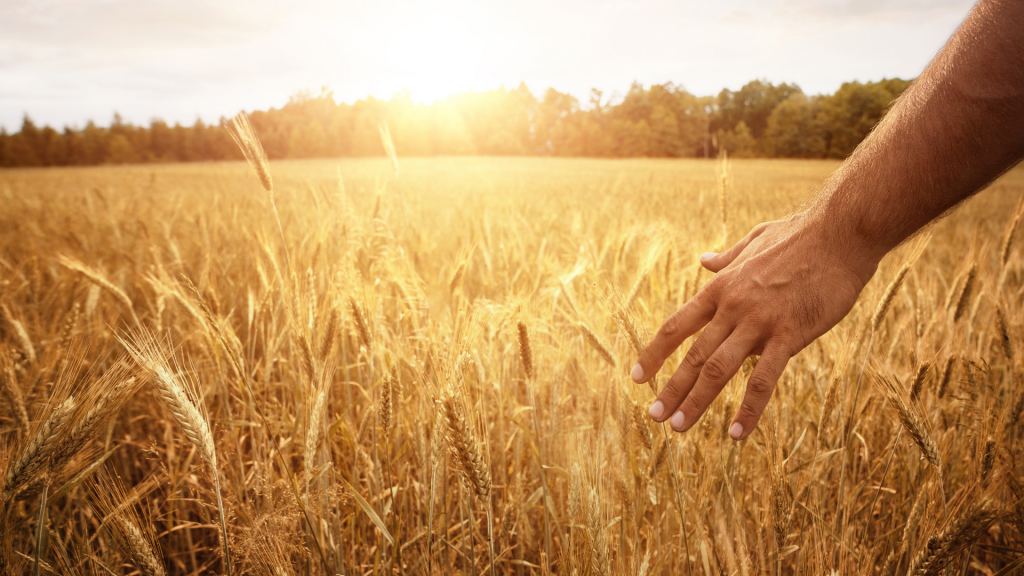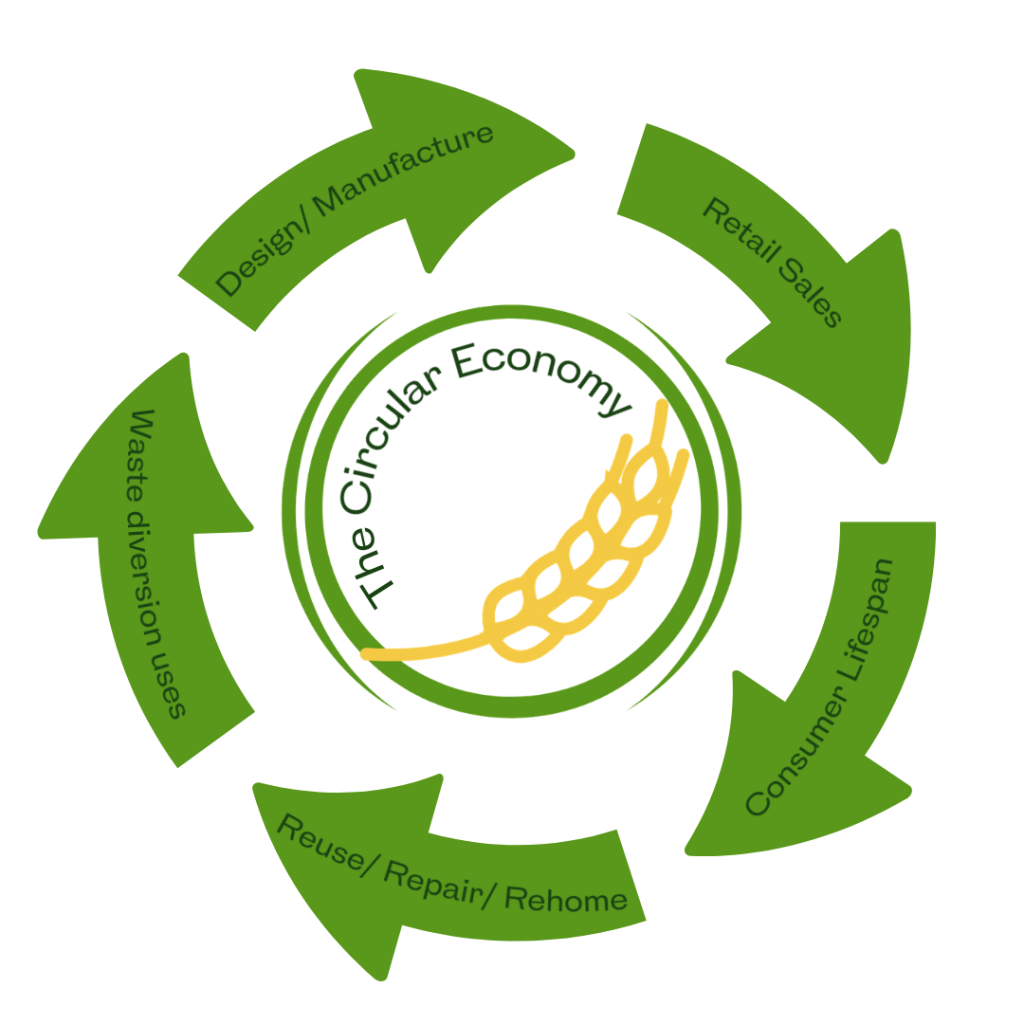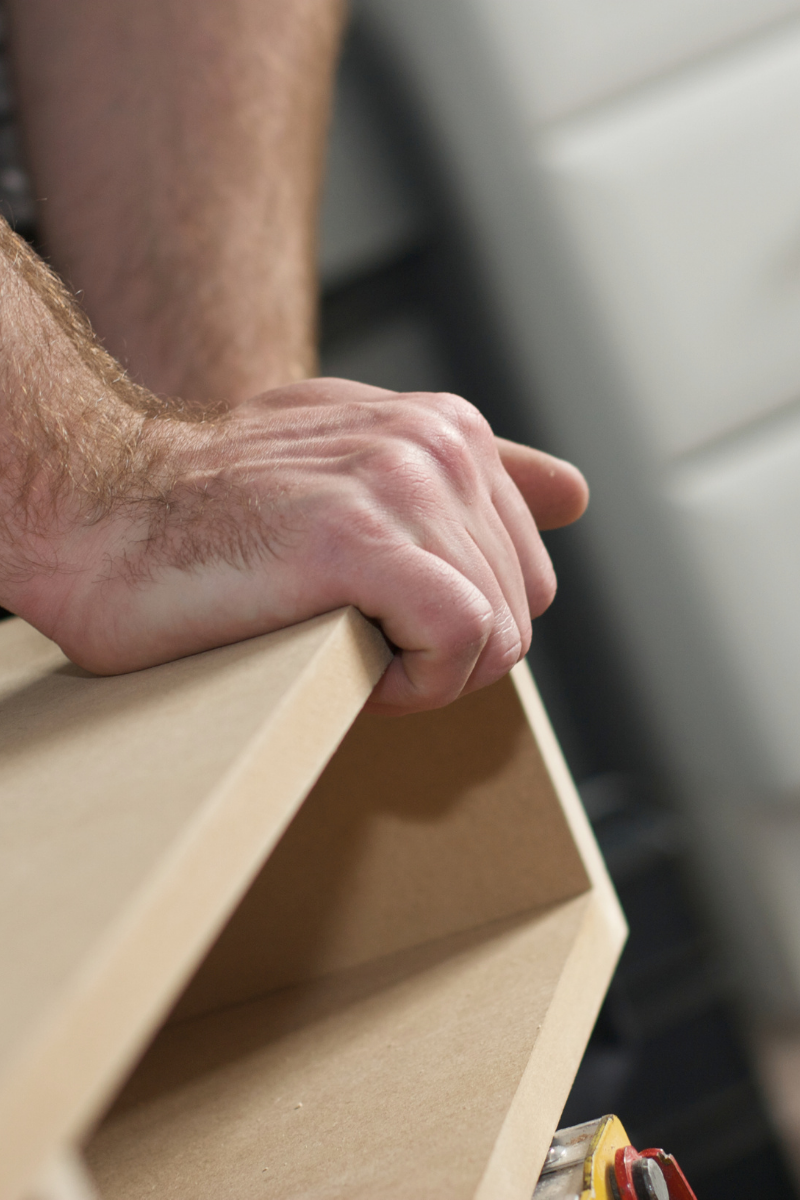


building a sustainable future
More than a Buzz word
Sustainability can mean different things to different people. It’s a word we hear often in marketing and advertising.
At Great Plains, it’s more than just a term we use to make our MDF sound good. It’s truly at the root of what makes us different.
To farmers, sustainability means knowing their land will be preserved for future generations.
To customers, sustainability means having the peace of mind that comes with knowing our products are made from an annually renewable resource, and have no added formaldehyde.
To our neighbours, it means that we choose to draw water from appropriate and approved locations in local rivers, rather than drawing from wells that disrupt their access to drinking water.
reducing environmental impact for future generations
Our Commitment to the circular economy

What is the circular economy?
The circular economy is a way of describing a new way of using materials that considers their entire lifecycle. Instead of prioritizing the innovation and use of consumable materials in what is referred to as the linear economy, the circular economy considers a product’s impact from inception to disuse. It prioritizes durability, remanufacturing and reuse of as many materials as possible.
In the case of Great Plains MDF, we are taking straw from the agricultural process that farmers don’t require, and diverting it to create building materials that meet or exceed the standards that industry requires.
Planting the seeds of sustainability
Great Plains was born out of a desire to contribute to a circular economy. We use post-harvest straw that is in excess of what farmers require for maintaining their field, using for livestock bedding and other purposes. In other words, we take a material that does not have an immediate use, and turn it into a valuable resource.
The impact on climate change from using excess straw instead of wood pulp to make MDF is truly significant.
We estimate over the course of 20 years from the time we begin manufacture, we will save 42 million tonnes of greenhouse gas (GHG) emissions, as compared to producing MDF using traditional wood pulp.
"We estimate of the course of 20 years we will save 42 million tonnes of greenhouse gas emissions. That's the equivalent of preserving 220,000 acres of forests or building 10 thousand windmills."

